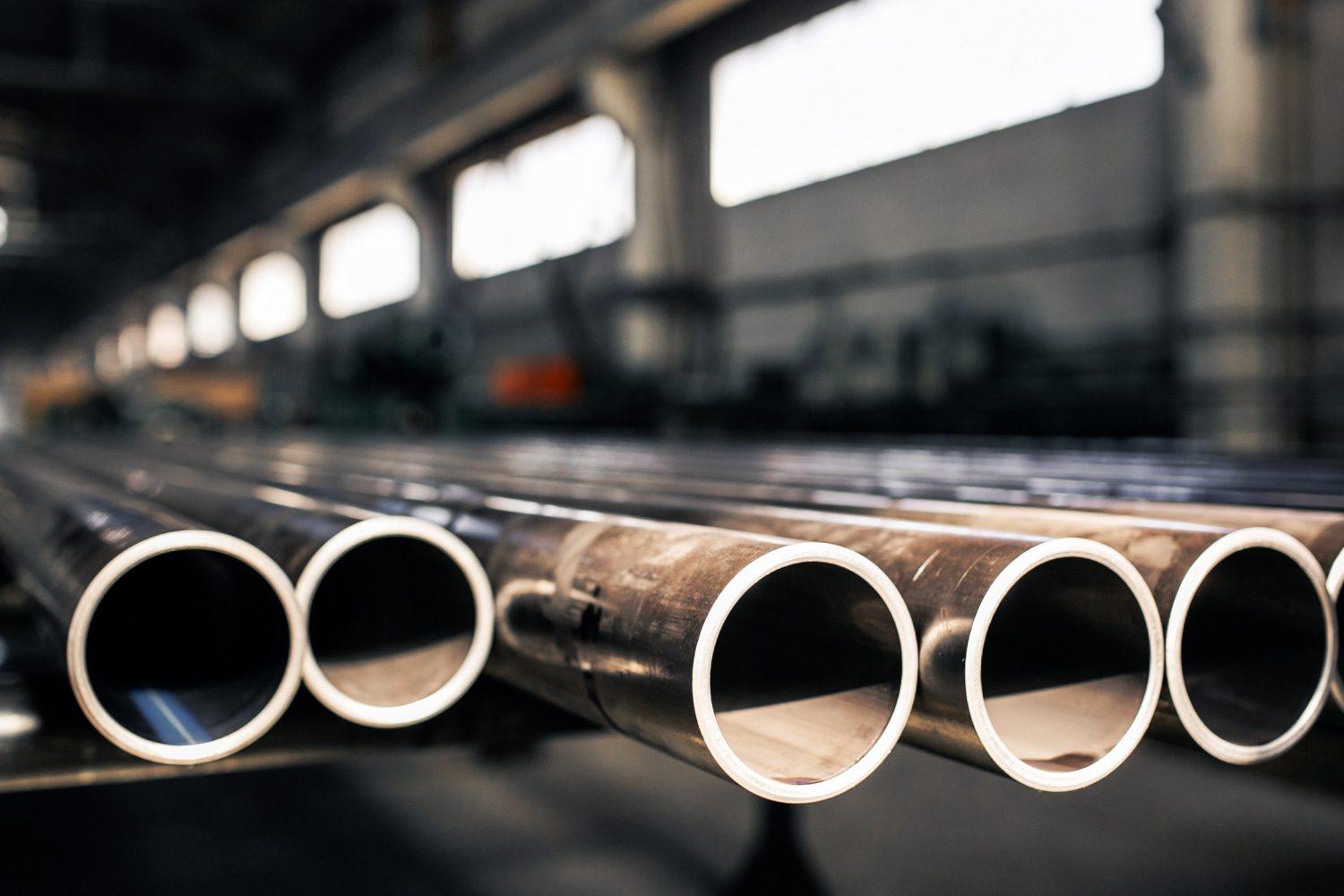800-764-7473
Local 208-324-2142

The oil and gas industry relies heavily on the efficiency and reliability of its supply chain. When it comes to used oilfield pipes, ensuring quality control becomes paramount. These pipes play a vital role in the industry, contributing to cost savings and sustainable practices. However, without proper oversight, the use of these pipes can lead to significant challenges in terms of safety, performance, and environmental impact.
Before investing in used oilfield pipes, it is crucial to assess the qualifications and certifications of the suppliers thoroughly. The industry operates under stringent standards, and any deviation from these can result in compromised safety and operational risks.
Suppliers must adhere to industry-specific qualifications, ensuring that their processes meet the established standards. This includes certifications for both the pipes themselves and the manufacturing processes involved. By conducting a thorough evaluation of supplier qualifications, one can mitigate the risks associated with substandard materials. It ensures that used oilfield pipes meet industry benchmarks.
Suppliers of used oilfield pipes should provide comprehensive material test reports. That includes details on mechanical properties, chemical composition, and corrosion resistance. These reports are invaluable in assessing the integrity and reliability of the pipes.
Mechanical properties, such as tensile strength and hardness, determine the pipes’ structural capabilities. That ensures they can withstand the harsh conditions of oilfield operations.
Chemical composition information is vital to prevent any adverse reactions with the substances transported through the pipes. It safeguards both the environment and personnel.
Moreover, corrosion resistance data helps predict the pipes’ longevity, preventing premature failures. The availability of these reports is a clear indicator of a supplier’s commitment to quality and transparency in the supply chain.
Regular inspection throughout the entire lifecycle of used oilfield pipes—from manufacturing to transportation and storage—is imperative. This proactive approach allows for the identification of defects. It ensures that only high-quality pipes make their way into the field.
Manufacturing inspections focus on the production processes. It verifies that industry standards are maintained.
During transportation, careful scrutiny prevents damage that may compromise the pipes’ integrity.
Storage inspections are equally vital, preventing deterioration due to environmental factors. Through robust inspection and quality control measures, potential issues can be detected and rectified before they escalate, guaranteeing the reliability of used oilfield pipes.
The proper handling of used oilfield pipes is crucial to preserving their integrity and performance. Suppliers must implement stringent protocols for the handling and storage of these pipes to prevent damage or contamination. Careful handling during transportation and on-site installation minimizes the risk of dents, scratches, or other forms of physical damage.
Additionally, extra pipes stored for future use should be meticulously maintained to ensure they meet the same standards as newly manufactured ones. Proper storage conditions, such as protection from harsh weather and corrosive elements, are imperative to guarantee the pipes’ readiness for future deployment.
Upgrade your oilfield operations with Bison Pipe’s premium selection of oilfield pipes. Our pipes meet industry standards and guarantee reliability and efficiency. Ensure a seamless supply chain by choosing Bison Pipe for top-quality steel pipes. Don’t compromise on safety and performance – trust us for your used oilfield pipes needs. Elevate your operations with the best-in-class solutions for lasting success.